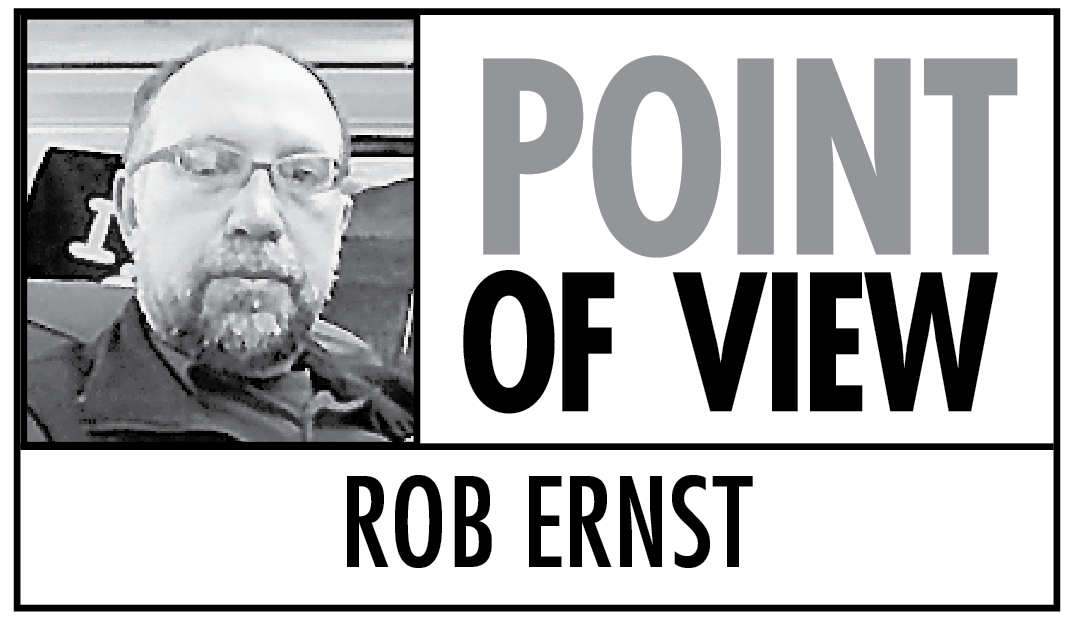Last week, the Parnell Administration ruled a wild salmon stream in Cook Inlet was “suitable” for large-scale coal strip mining.
You read that right. In response to a petition from local Alaskans looking to protect salmon habitat from the proposed Chuitna coal strip mine, the Parnell Administration said “no.” This wasn’t an attempt to stop the coal mine; it simply asked the governor to prevent mining through salmon streams. For most Alaskans, that’s a no-brainer.
In his run for office, Gov. Parnell promised Alaskans on numerous occasions he’d “never trade one resource for another.” At the time, I applauded that position. But the governor’s words belie his actions. Why?
Because the technology does not exist to build a new salmon stream after it’s been mined down to 350 feet. If the coal company could miraculously build new salmon streams, wouldn’t it make a heck of a lot more money building fish streams in Oregon, Washington and California instead of strip mining Alaska’s streams to ship low grade coal to China?
It’s not a single decision that raises concerns over the governor’s blind eye toward salmon habitat protection, but rather, a host of decisions.
Earlier this year, for example, the Parnell administration rejected a request from commercial fishermen and private property owners to provide public notice to Alaskans on permits that will destroy local salmon habitat.
The governor’s rationale? It would be too burdensome to let us Alaskans participate in decisions affecting our salmon resources. In the meantime, the state takes an average of seven days to rubber stamp these fish habitat permits for big mining, oil and gas projects. In a later decision, the Parnell administration refused to halt the long-term removal of salmon streams during mining operations.
Let’s not forget, the Parnell administration played a central role killing our Alaska Coastal Management Program, which was the only law which gave Alaskans a meaningful voice in federal decisions affecting our coastal salmon habitat. Now, Alaska — which possesses more coastline than all the Lower 48 states combined — is the only state where the federal government can issue permits impacting salmon habitat without the state having a real seat at the table.
Finally, there’s House Bill 77, introduced by the governor earlier this year. HB 77 is a grab bag of anti-salmon, anti-democracy provisions. Among other things, HB 77 grants new super powers to the Alaska Department of Natural Resources, allowing the commissioner to completely ignore Alaskan voices and bypass fish habitat rules when issuing permits. This provision is a massive concentration of government power at the expense of Alaskans, and it undermines our ability to help shape responsible resource decisions. Another provision strips away the rights of Alaskans to keep enough water in our streams to support salmon. A state court already found the Parnell Administration is illegally favoring out of stream uses for mining over instream flows for salmon, so instead of obeying the law and protecting salmon, the Parnell Administration now just wants to change the law. These are but a couple of the reasons why HB 77 is the most anti-salmon legislation to hit the streets since Frank Murkowski ran the show.
I grew up in Nikiski on the Kenai Peninsula and I’ve fished Cook Inlet my entire life. Regardless whether you fish commercially or for sport, personal use or subsistence, we all need to take care of our breadbasket — which is our salmon habitat. We know from painful experience that fisheries have virtually disappeared due to habitat impacts in Europe, New England and the Pacific Northwest.
And we hear time and again that “Alaska has a world class permitting system.” But if you look closely, we’re experiencing the very same “death by a thousand cuts” phenomena that led to the demise of once-healthy fish runs across the globe.
In his recent letter to Wal-Mart, Gov. Parnell said the right things: “Alaska’s Constitution mandates that all fisheries must be managed under the principle of maximum sustained yield, for the conservation of our fish and their habitat and the maximum benefit of fishing families, communities, and businesses.”
Mr. Governor, saying the right thing and doing the right thing are two different things. So, do the right thing. Put the balance back into Alaska’s salmon habitat management. Let’s manage our fish habitat for the maximum benefit of all Alaskans. And that means no mining through wild Alaskan salmon streams and “no” on HB 77.
Rob Ernst is a lifelong commercial fisherman from Nikiski, and a board member of Cook Inletkeeper, a community-based organization working to protect clean water and healthy salmon in the Cook Inlet watershed.



